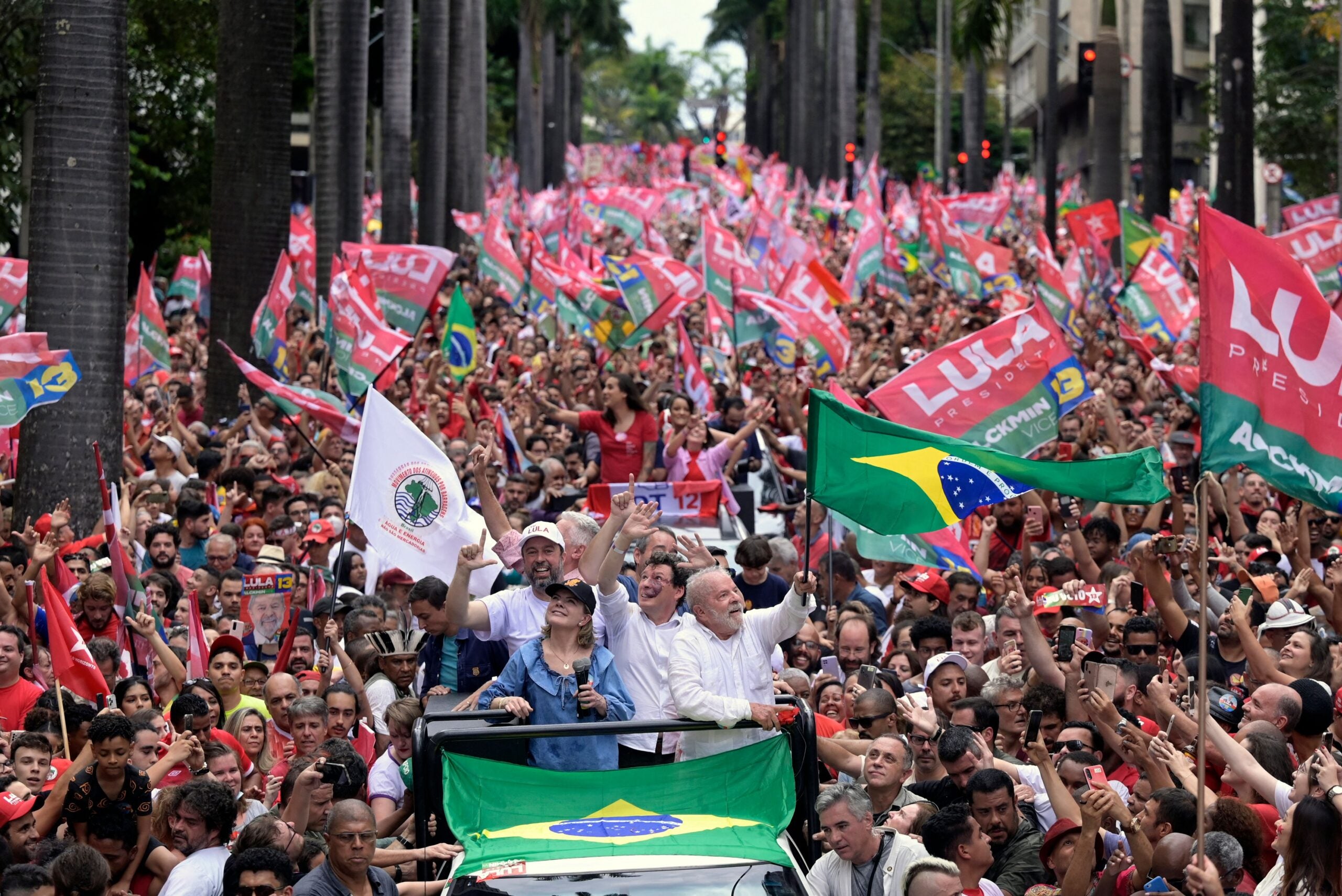Brazil’s first-round elections have once again taken pollsters by surprise. Predicted left-wing frontrunner Luis Inácio Lula da Silva, widely known as Lula, took home the most votes as expected, winning 48.4% of valid ballots cast. This result however fell short of the 50% he was predicted to secure, in order to avoid the need for a runoff vote at the end of October. A bigger surprise was the 43.2% of ballots won by incumbent right-wing President Jair Bolsonaro, as most polls had put his support in the high thirties.
The outcome of these elections has big implications for healthcare, the most significant of which is related to the level of public spending. Bolsonaro has spent the last four years of his term pursuing conservative fiscal policies in many areas, which meant consistent reductions in the annual healthcare budget – with the exception of emergency packages during the Covid-19 pandemic. His government’s proposed budget for healthcare in 2023 is the lowest in a decade in real terms.
Bolsonaro also spent much of his term attacking regulators, including the widely respected National Health Surveillance Agency (Anvisa), Brazil’s drugs regulator, particularly during the pandemic when the president spread conspiracy theories and compared the virus to a flu. Beyond the rhetoric, he has also undermined Anvisa’s ability to operate, slowly cutting its resources and not opening tenders to recruit new staff. Consequently, the agency has had to make do with 1,621 employees compared to the 2,150 it had in 2010. This shortage has led to a not coincidental slower pace of drug evaluations and large backlogs.
This contrasts with Lula’s promise to increase healthcare spending, investing in the Unified Health System (SUS), and health infrastructure. Lula also stated his support for the domestic pharmaceutical industry, though offered little in the way of detail regarding what this would entail. Lula has also pledged to re-open recruitment at Anvisa and bring the agency back up to full strength.
As important as the contest for the presidency is the outcome of the congressional and state governorship elections. Bolsonaro’s Liberal Party comfortably beat Lula’s Worker’s Party in both areas, increasing its Senate seats from seven to 13 (out of 81) and lower house seats from 76 to 99 (out of 513) – making it the largest single party in both houses of Brazil’s congress, which is typically fractured between many parties. Respective figures for Lula’s party are nine Senate seats and 68 in the lower house. Bolsonaro allies also won key governorship races in Rio de Janeiro and Minas Gerais, with an ally set to win in São Paulo in a runoff. This would mean a ‘Bolsonarista’ trifecta in Brazil’s three most populous states.
Even if Lula is successful in gaining the presidency, these results mean that his ability to govern would be constrained by a broadly right-of-center congress. This will limit his ability to enact radical policy, such as weakening intellectual property rights, or increase spending so high that Brazil is thrown into another economic crisis – which happened under his hand-picked successor Dilma Rousseff in 2015-16. That recession severely impacted private healthcare spend, as many lost access to their private insurance along with their jobs as unemployment soared. The number of private health plan beneficiaries is only now approaching pre-crisis levels.

US Tariffs are shifting - will you react or anticipate?
Don’t let policy changes catch you off guard. Stay proactive with real-time data and expert analysis.
By GlobalDataA Lula victory for the presidency remains the most likely outcome in the second-round vote, even Bolsonaro’s surprisingly high support figures left him more than five points behind Lula. The incumbent also has a higher ‘rejection rate’ – which represents individuals that say they would never vote for a candidate under any circumstances – than Lula. This indicates that voters from candidates eliminated in the first round were more likely to go to his left-wing rival. Lula is already making overtures to the political center in response to disappointing first round results, with pressure mounting to pick a moderate economic minister. A center-left Lula presidency would perhaps be the best outcome for the pharma industry, which would see public healthcare spend – including on drug reimbursement – increase, while limiting the potential for radical policies and reckless spending.





